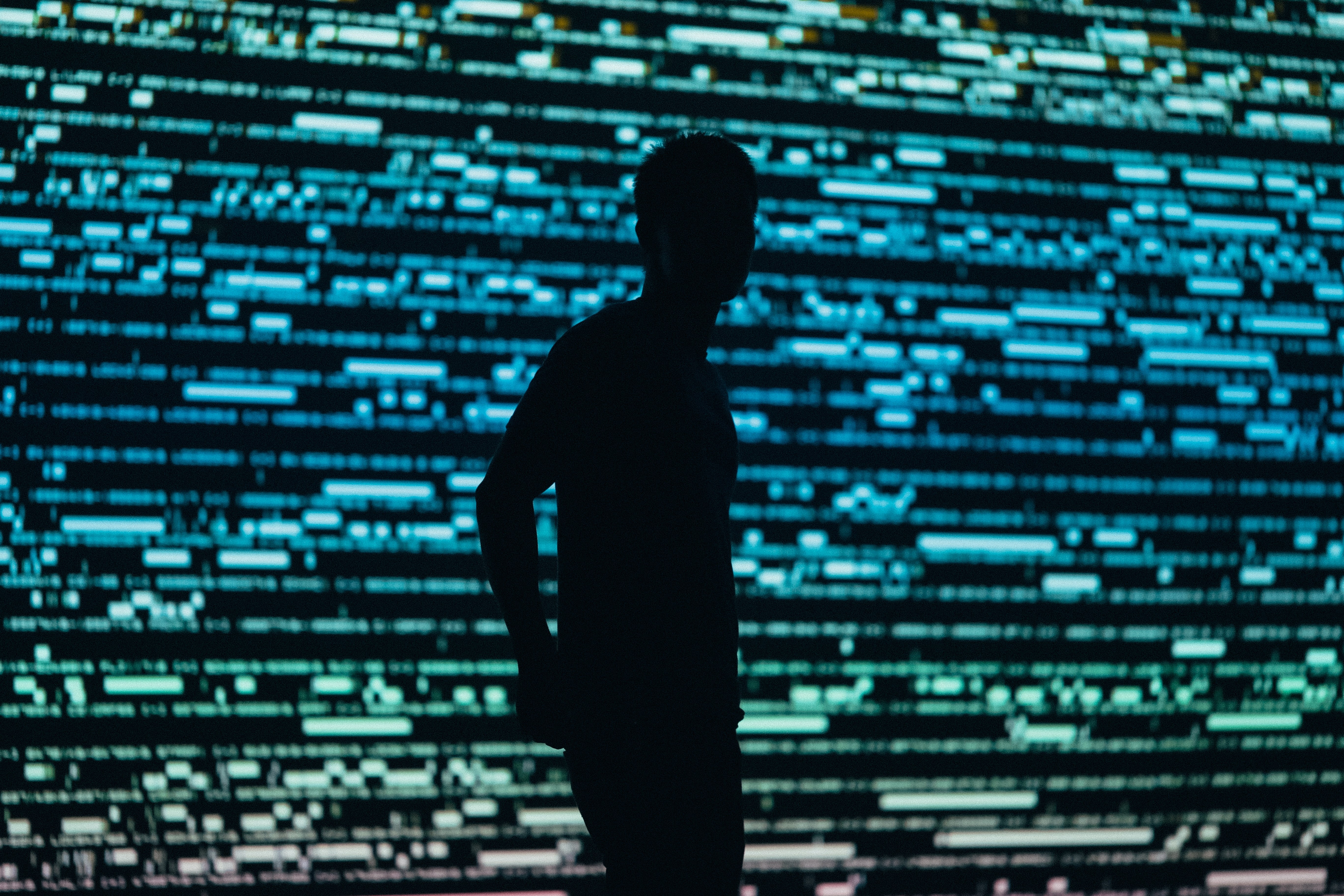

Nov 08, 2022
A couple of weeks ago, I read an article by Scott Galloway, NYU professor and author of the (often brilliant) No Mercy / No Malice newsletter, about mandatory proof of identity online. In it, he argues that bots, misinformation, and the lack of consequences for anonymous actions are a “sociopolitical scourge” that threaten elections, divide countries, and “systematically made us more stupid.” In response, Galloway says we should require proof of identity online. He’s not saying it would fix everything, but it would be a step in the right direction.
This discourse isn’t new. Every once in a while, during a particular bout of misinformation (pandemic, election time) or high profile bullying, columnists will publish opinion pieces about ending anonymity en masse. Or the President of France or UK Home Secretary will say something about a wholesale ban of anonymity.
But is putting an end to online anonymity actually a valuable (or even possible) idea? Let’s take a look at both sides of the argument.

Scott Galloway, Professor of Marketing at NYU
Online, hiding behind a vague username and pre-set profile picture, most of the consequences of bad behaviour we experience in real life fall away. If you call someone names in person, you’ll face the repercussions of bullying; you might end up having an unpleasant chat with HR or shunned from your social circle. If you do the same online, you’re branded a troll but the repercussions stop there.
Studies show that anonymity and obscurity lets us act on our worst instincts, a phenomenon known as the online disinhibition effect. It’s a good predictor of cyberbullying and drives a lack of empathy. Basically, if we don’t have the social pressure forcing us to behave, we’re capable of acting like awful people.
In real life, one bad person can only ever be one bad person. On social media, lucky us, one bad person can be infinite bad people. Most of the COVID disinformation we saw during the pandemic was traced back to just twelve people. The Russian government uses bot armies to spead election and Ukraine propaganda in the US all the time. Without proving your identity, you can be a million people on a million platforms, saying a million different things.
Both of the above combine into a wave of misinformation, trolling, and extremism on the internet. Verifying the information we consume on a daily basis is becoming harder and harder. With increasing numbers of people turning to social media for their news and information, shouldn’t we protect the integrity of this information? And shouldn’t we protect vulnerable people from rampant trolling?

Well, it’s exactly this question that is at the heart of why we shouldn’t ban online anonymity. What the proponents of anonymity largely have in common, is that they’re usually speaking from the perspective of being privileged. On the other side of the argument, there’s a whole wave of people pushing back with countless reasons why ending anonymity is dangerous.
Think of a closeted teenager living in a deeply socially conservative area making an anonymous Reddit account to meet other queer people. What happens when that information becomes public? Not only can it be dangerous, it also takes away a huge safe space for people to discover and experiment with community and self-expression.
Or think of the most common example - a survivor of domestic violence who’s hiding from their abuser and suddenly has to use their government official name and identity online.
A journalist who’s actively criticising the oppressive regime they live or a protester providing critical updates from the ground. We’re seeing the importance of the latter right now in Iran, where citizens are organising digitally and fighting back against an oppressive state. Anonymity is key to protect the equal freedom of speech and freedom of expression for those who deserve it.
And even if we did entirely ban anonymity online, what then? Do we require proof of ID for every user of the internet? Immediately, we’re knocking billions of people and whole populations off of the web. Would anyone even want to spend time on a platform where self-expression is always going to be bound by how comfortable you are tying your real name and face to content?
Protecting anonymity is crucial for protecting vulnerable groups and people, and propping up free speech. If your organisation engages with mental health, dissent, self-expression and confidence, and a whole host of other issues - think about what removing anonymity would mean for the people you’re trying to help. Is there any way for you to support anonymity in your work or take a stand against removing these crucial protections?